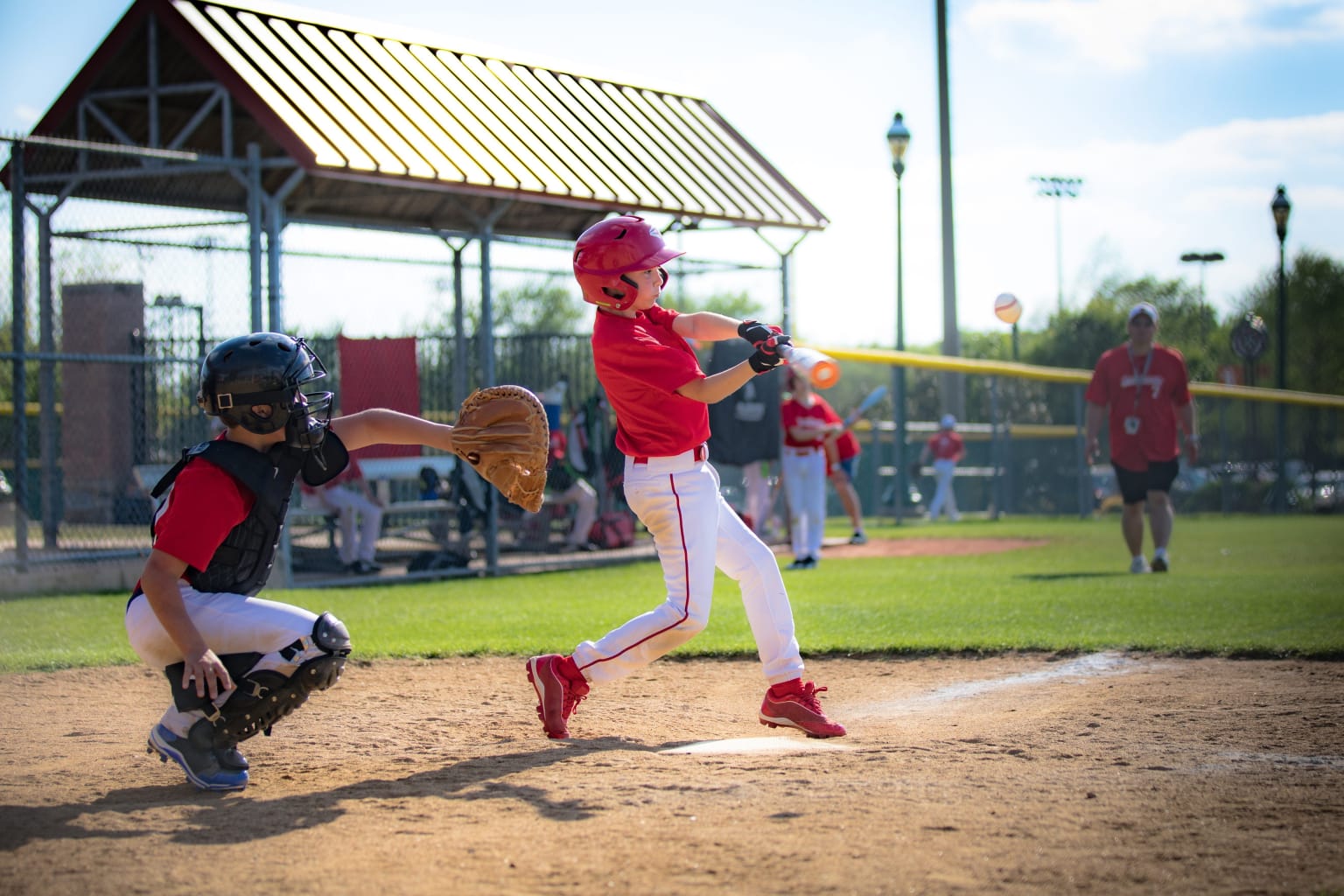Don’t Let This Happen: Sued for Internet Streaming without Permission

At Little League® International in Williamsport, Pa., and at our Regional Offices, calls and emails come in all year long about different situations that are happening at some of our 7,000 local leagues. Many of these calls and emails inform us of some very positive initiatives spearheaded by our millions of volunteers. However, there are also negative situations.
“Don’t Let This Happen to Your League” details a real-world scenario, how it has impacted a league, and how you might learn from it.
The names have been omitted in the following scenario, but the situation is real.
The Situation
Midway through the regular season and with tournament season only weeks away, a local Little League’s Board of Directors votes to stream games over the Internet.
Within a week’s time, the camera is installed and the league streams its first game. After one month of promotion at the game site and on the league’s website, the Board member in charge reports that some parents are uncomfortable with their children being watched online. The Board initially dismissed this angst, standing by the general belief that having the games available online is more important than a few upset parents.
One day after a softball special games tournament is played, a parent from a neighboring league contacts the League President, demanding that the video of his daughter’s game be taken down, because the league had not asked permission for his child to be filmed and threatens legal action.
The Outcome
When the league confirmed that no such permission had been offered or collected, the parent proceeded to retain legal counsel, and sued the league and the webcasting company, stating both had used, and profited from, his child’s image without written approval. The family won a court judgment that instructed the webcasting company to remove the video of all of the league’s games, and directed the league to refund the money paid by each subscriber to the streaming service. In addition, the league was required to pay damages to the family of the player, amounting to several thousand dollars.
The Solution
Make it standard practice for a Little League Form Release and Waiver (formerly Model Release) Form to be included with the documents that parents sign during player registration. Also, it is imperative that if video webcasting is to be done, that all parties (players, parents of players, coaches, managers, umpires, and game officials) are aware that there is the potential that their likeness will be captured by the camera. Lastly, and most important, know that video streamed using a third-party website, even if it is imbedded in a local league website, is not the property of the webcasting company, and no league has the legal right to approve the use of Little League’s name and trademarks without written permission from Little League International. For guidance and direction on webcasting and streaming, refer to Little League Online: Internet Webcast and Streaming FAQs, Guidelines, and Policies.
NOTE 1 This situation does not apply to personal video taken by parents. Personal video (using a mobile device such as a tablet or phone) can be streamed and displayed publicly, but any fee charged to view the video; or payment received for access to, or distribution of, the video, is strictly prohibited. Should a situation arise where a parent is uncomfortable with their child in a video or photo on another individual’s social media account, Little League encourages the two parents to come to a positive resolution.
NOTE 2 A league may contract a company to stream games, but a contract issued by Little League International is also required. All media contracts are available on the LittleLeague.org Forms and Publications Page under Media and must originate with the League President (for regular season) or the Tournament Director (for postseason coverage).
NOTE 3 Self-produced, commercial-free streaming is an option available to any league provided a Local Little League-Produced Webcast Agreement is in place. If a league or district chooses to stream a game using social media (i.e. – Facebook Live or YouTube), it may do so, provided ample public notice has been given, and form release and waivers (formerly model release) for all parties to appear in the streamed game have been collected and are on file with the League President.